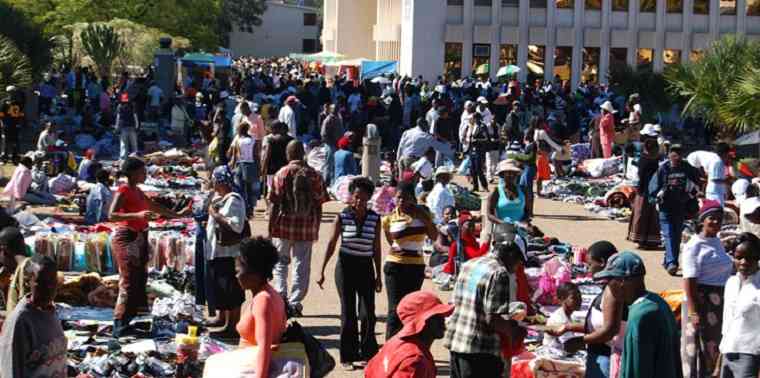
SOME players in the informal sector are now struggling to get orders from wholesalers as a result of the government’s new policies, which aim to preserve value chain integrity and transparency.
According to the new measures introduced this year, manufacturers can now only sell their goods to wholesalers who are registered for value-added tax and have tax clearance certificates.
The wholesalers would, in turn, only sell their goods to licensed and registered retailers while individuals can only buy goods worth not more than US$1 000 or its Zimbabwe dollar equivalent within 30 days.
The measures also target small businesses and individuals running flea markets, tuckshops, street vendors and hawkers among others.
Standardbusiness last week spoke with tuckshop operators in Harare who decried the new measures.
“Our wholesaler is limiting our orders citing the new measures by Zimra [Zimbabwe Revenue Authority] and it’s affecting us,” one tuckshop owner said.
“We are good at doing business and we provide goods to our customers better than the big shops, which makes them jealous of us. I think that’s the reason why they are doing this.”
Another informal player added: “I think we still have a window period but we don’t know when they will cut off our orders.
- Film has potential of transforming economy
- PPC bullish after Zim forex bonanza
- Has Zim sunk this low?
- Cartoon: October 7, 2022 edition
Keep Reading
“Today (Friday) we failed to do orders on certain goods like cereal products because of the measures put forward.
“We fear that as time goes by, we won’t be able to order some of the goods from these manufacturers and wholesalers.”
Another vendor said: “I think we are going to be affected. The prices will certainly go up because where we buy, they will increase prices by a certain percentage and this will affect the ease of doing business.”
National Consumer Rights Association spokesperson Effie Ncube said the measures will lead to supply chain glicthes and cause shortage of goods. This in turn, will cause supply-constraints and induced price hikes, which will spread across affected industries, he noted.
“Therefore, the measures will hit the poorest of the poor that the budget should have been lifting,” he said.
Economist Tony Hawkins said: “Retailers are now allowed to buy direct from industry and manufacturers are allowed to sell to hotels subject to tax compliance.
Just how “allowing” businesses to operate efficiently and profitably qualifies as “an open-for-business” economy is best left to (Finance minister Mthuli Ncube) imagination.”
Strategic advisory firm Mark & Associates Consulting Group (M&A) said with limited formal employment opportunities, there has been an escalation of self-employment with some citizens moving into vending and small businesses.
“There is clear evidence the Zimbabwean economy is now largely informal given a proliferation of informal tuck-shops and road-side businesses (RSBs) in Zimbabwe,” the firm said in its latest research note.
“Our assessment of the business environment (taxes, cost of formalisation and regulations) suggests a trend of explosion of RSBs as the informal economy becomes more entrenched in 2024 and beyond.”










